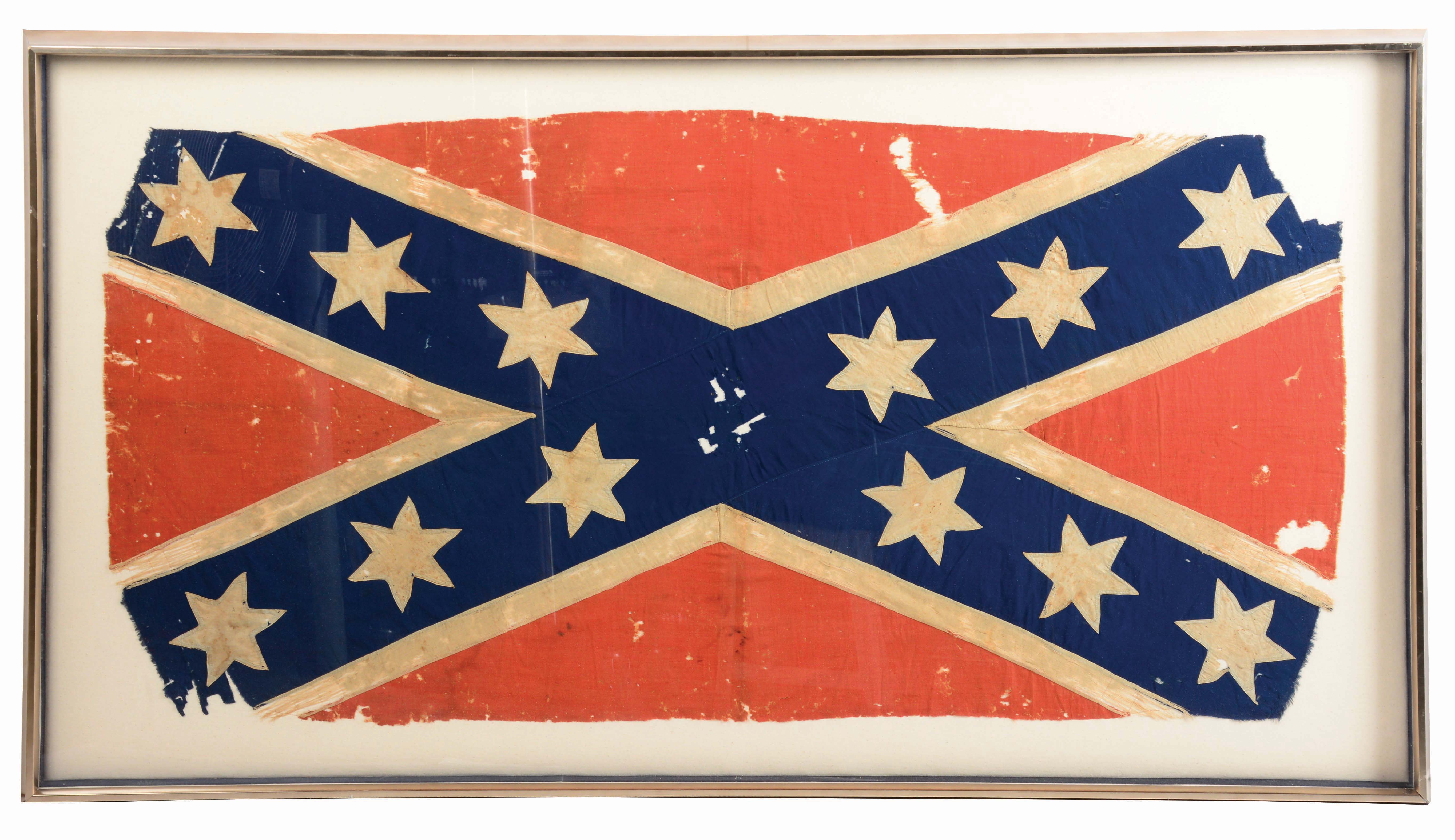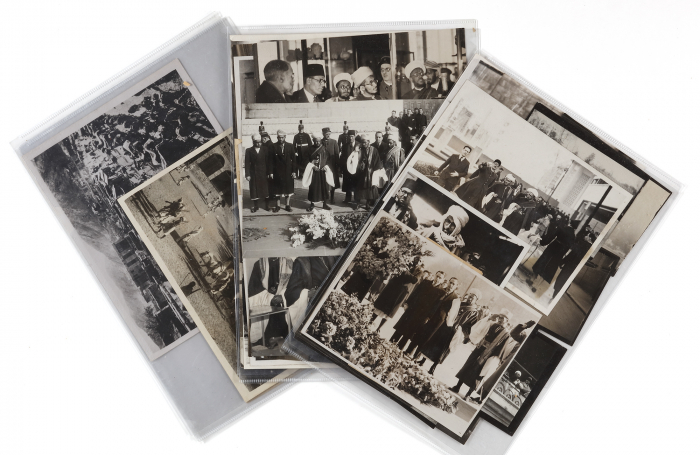A rare 1920 ‘Army of the Black Sea’ M.C. group of five awarded to Captain J. D. Standen, 2-9th Jat Regiment, who was subsequently ‘shot dead while attempting to arrest a Jat sepoy who had run amok at night’ at Jandola, North West Frontier, 22 December 1923 Military Cross, G.V.R., unnamed as issued; 1914-15 Star (Capt. J. D. Standen, 1/10/Jats.); British War and Victory Medals, M.I.D. Oak Leaves (Capt. J. D. Standen.) initials officially corrected on BWM; India General Service 1908-35, 1 clasp, Waziristan 1921-24 (Capt. J. D. Standen, 2-9 Jat. R.) mounted as originally worn, ribands somewhat frayed, generally very fine (5) £1200-1600 Footnote M.C. London Gazette 14 January 1921: ‘For distinguished service in the Field with the British Army of the Black Sea.’ James Douglas Standen ‘of the 2-9th Jat Regiment, the announcement of whose death on December 22, 1923, on field service at Jandola on the North West Frontier was recently made in the Indian and Home papers, was the only son of the late Major James Douglas Standen of the Royal Irish Fusiliers, and grandson of the late Lieutenant-General Douglas Standen of the Madras Staff Corps. He was educated at Elizabeth College, Guernsey, and passed direct into Sandhurst in 1908. He passed out fourth with Honours in 1910 and was attached to the 2nd Queen’s Own Royal West Kent Regiment in India. In 1911 he was posted to the 10th Jats, Indian Army, with which Regiment he served until November, 1922, when he was transferred to the 2-9th Jat Regiment (late 119th Infantry) on the institution of the ‘regimental’ system throughout the Indian Army. He saw service during the Great War in the Tochi on the North West Frontier of India, in Mesopotamia, at Salonika, on the Black Sea and in Asia Minor and was awarded the Military Cross and twice mentioned in despatches [9 March 1919 and 31 October 1920]. His devotion to duty won him the respect and admiration of all who served with him particularly the Jats, with whom he had been associated practically all his service. He had recently passed sixth into the Staff College and was due to proceed there in February. By his untimely death the Indian Army has been deprived of the services of an extremely gallant and promising officer who undoubtedly had a brilliant career before.’ (newspaper cutting included with the lot refers) Standen served with the 2-9th Jats during the Allied intervention in the Greco-Turkish War of 1919-1922. The Battalion records were destroyed by fire during the conflict, and as such the Regimental History notes, ‘The records being destroyed, most of the information contained in this chapter is based on accounts subsequently written, supplemented by extracts from the personal letters of the late Captain Standen, M.C., kindly made available by his sisters.’ Standen is mentioned on several occasions in War Services of the 9th Jat Regiment, by Lieutenant-Colonel W. L. Hailes, M.C., including commanding 100 rifles on a sortie to Baggajik, 13 November 1919. Having returned for service in India, Standen was posted to command one of two companies detached at Jandola for road protection duties. On 22 December 1923, ‘Captain J. D. Standen, M.C., was shot dead while attempting to arrest a Jat sepoy who had run amok at night. The death of Captain Standen was very deeply felt by all ranks. Few officers worked so wholeheartedly in the interests of the battalion generally and of the Jats in particular, and it would appear to have been a cynical turn of fate that Captain Standen should die in this way at the hand of one of the very men for whom he had done so much.’ (Ibid) 1 of approximately 10 M.C.s awarded for operations in and around the Black Sea 1919-22. Sold with the following documentation: 2 M.I.D. Certificates; several newspaper cuttings relating to the recipient’s career and death, one including an image of recipient; a colour photograph of a portrait miniature of the recipient in uniform.
A rare 1920 ‘Army of the Black Sea’ M.C. group of five awarded to Captain J. D. Standen, 2-9th Jat Regiment, who was subsequently ‘shot dead while attempting to arrest a Jat sepoy who had run amok at night’ at Jandola, North West Frontier, 22 December 1923 Military Cross, G.V.R., unnamed as issued; 1914-15 Star (Capt. J. D. Standen, 1/10/Jats.); British War and Victory Medals, M.I.D. Oak Leaves (Capt. J. D. Standen.) initials officially corrected on BWM; India General Service 1908-35, 1 clasp, Waziristan 1921-24 (Capt. J. D. Standen, 2-9 Jat. R.) mounted as originally worn, ribands somewhat frayed, generally very fine (5) £1200-1600 Footnote M.C. London Gazette 14 January 1921: ‘For distinguished service in the Field with the British Army of the Black Sea.’ James Douglas Standen ‘of the 2-9th Jat Regiment, the announcement of whose death on December 22, 1923, on field service at Jandola on the North West Frontier was recently made in the Indian and Home papers, was the only son of the late Major James Douglas Standen of the Royal Irish Fusiliers, and grandson of the late Lieutenant-General Douglas Standen of the Madras Staff Corps. He was educated at Elizabeth College, Guernsey, and passed direct into Sandhurst in 1908. He passed out fourth with Honours in 1910 and was attached to the 2nd Queen’s Own Royal West Kent Regiment in India. In 1911 he was posted to the 10th Jats, Indian Army, with which Regiment he served until November, 1922, when he was transferred to the 2-9th Jat Regiment (late 119th Infantry) on the institution of the ‘regimental’ system throughout the Indian Army. He saw service during the Great War in the Tochi on the North West Frontier of India, in Mesopotamia, at Salonika, on the Black Sea and in Asia Minor and was awarded the Military Cross and twice mentioned in despatches [9 March 1919 and 31 October 1920]. His devotion to duty won him the respect and admiration of all who served with him particularly the Jats, with whom he had been associated practically all his service. He had recently passed sixth into the Staff College and was due to proceed there in February. By his untimely death the Indian Army has been deprived of the services of an extremely gallant and promising officer who undoubtedly had a brilliant career before.’ (newspaper cutting included with the lot refers) Standen served with the 2-9th Jats during the Allied intervention in the Greco-Turkish War of 1919-1922. The Battalion records were destroyed by fire during the conflict, and as such the Regimental History notes, ‘The records being destroyed, most of the information contained in this chapter is based on accounts subsequently written, supplemented by extracts from the personal letters of the late Captain Standen, M.C., kindly made available by his sisters.’ Standen is mentioned on several occasions in War Services of the 9th Jat Regiment, by Lieutenant-Colonel W. L. Hailes, M.C., including commanding 100 rifles on a sortie to Baggajik, 13 November 1919. Having returned for service in India, Standen was posted to command one of two companies detached at Jandola for road protection duties. On 22 December 1923, ‘Captain J. D. Standen, M.C., was shot dead while attempting to arrest a Jat sepoy who had run amok at night. The death of Captain Standen was very deeply felt by all ranks. Few officers worked so wholeheartedly in the interests of the battalion generally and of the Jats in particular, and it would appear to have been a cynical turn of fate that Captain Standen should die in this way at the hand of one of the very men for whom he had done so much.’ (Ibid) 1 of approximately 10 M.C.s awarded for operations in and around the Black Sea 1919-22. Sold with the following documentation: 2 M.I.D. Certificates; several newspaper cuttings relating to the recipient’s career and death, one including an image of recipient; a colour photograph of a portrait miniature of the recipient in uniform.













.jpg)

Testen Sie LotSearch und seine Premium-Features 7 Tage - ohne Kosten!
Lassen Sie sich automatisch über neue Objekte in kommenden Auktionen benachrichtigen.
Suchauftrag anlegen